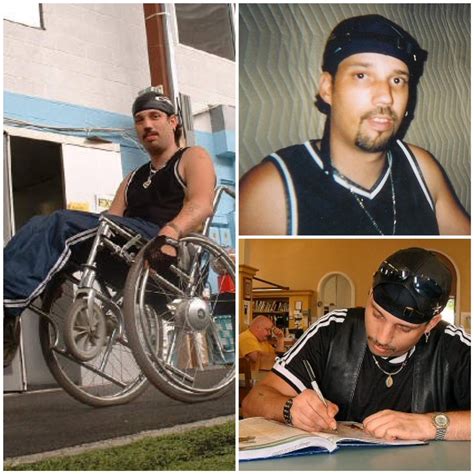A Quote by Elizabeth Gilbert
We're miserable because we think that we are mere individuals, alone with our fears and flaws and resentment and mortality.
Related Quotes
Not forgiving prolongs hurt and anger and leads to smoldering resentment, which will make us miserable until it kills us. Resentment destroys the perception of reality. As we try to bend the world to accommodate our resentment, fear, and selfishness, we become less accurate in understanding the world. This eventually destroys our ability to cope successfully with life.
The woe of mortality makes humans God-like. It is because we know that we must die that we are so busy making life. It is because we are aware of mortality that we preserve the past and create the future. Mortality is ours without asking--but immortality is something we must build ourselves. Immortality is not a mere absence of death; it is defiance and denial of death. It is 'meaningful' only because there is death, that implacable reality which is to be defied.
I will not be alone if I am my true self. Only by trading my true self for the companionship of another have I ever made myself alone. Because when I gave up my real self, I wound up resenting my "significant other" for "making me" do that-and it was this resentment that ate away at our relationship.
Whereas in America we are so fearful of mortality, we don't want to talk about it, we don't think about it, and in many ways we treat elderly people as invisible because they are a constant reminder of our own mortality. We put them away and put them in retirement homes so we don't want to deal with that.





































